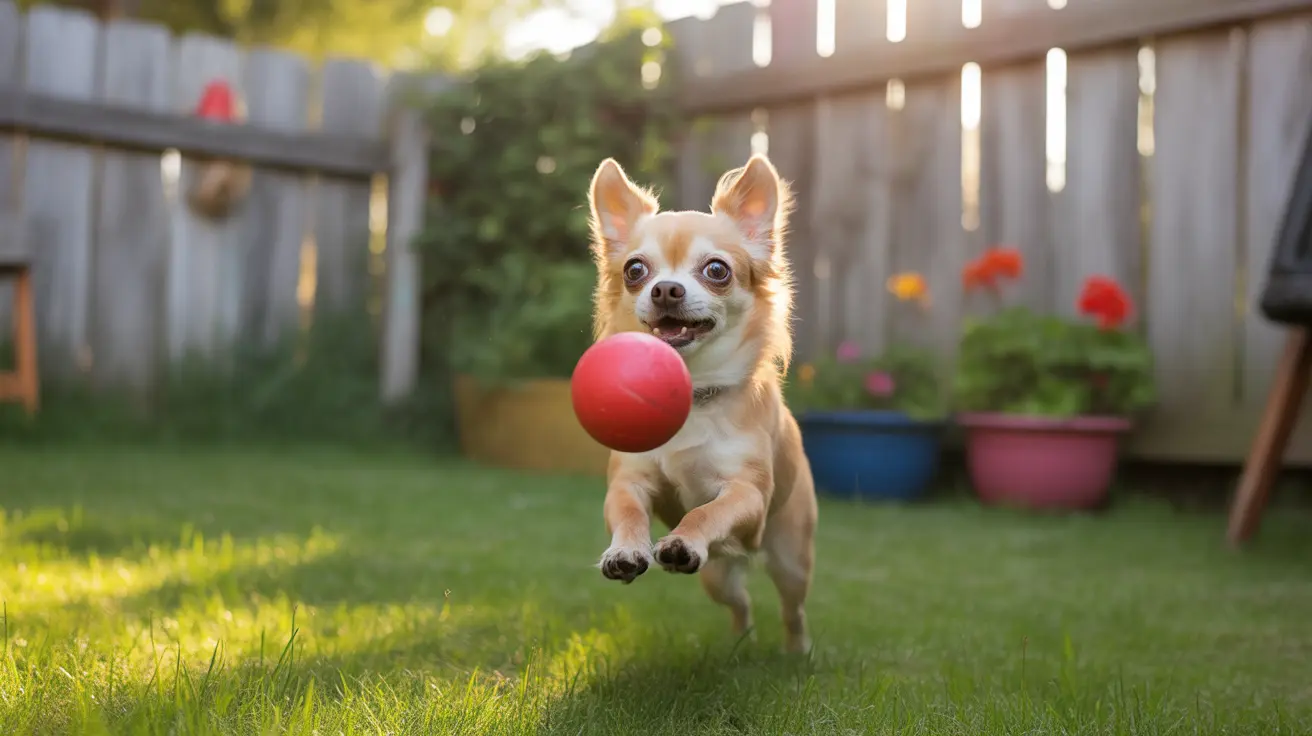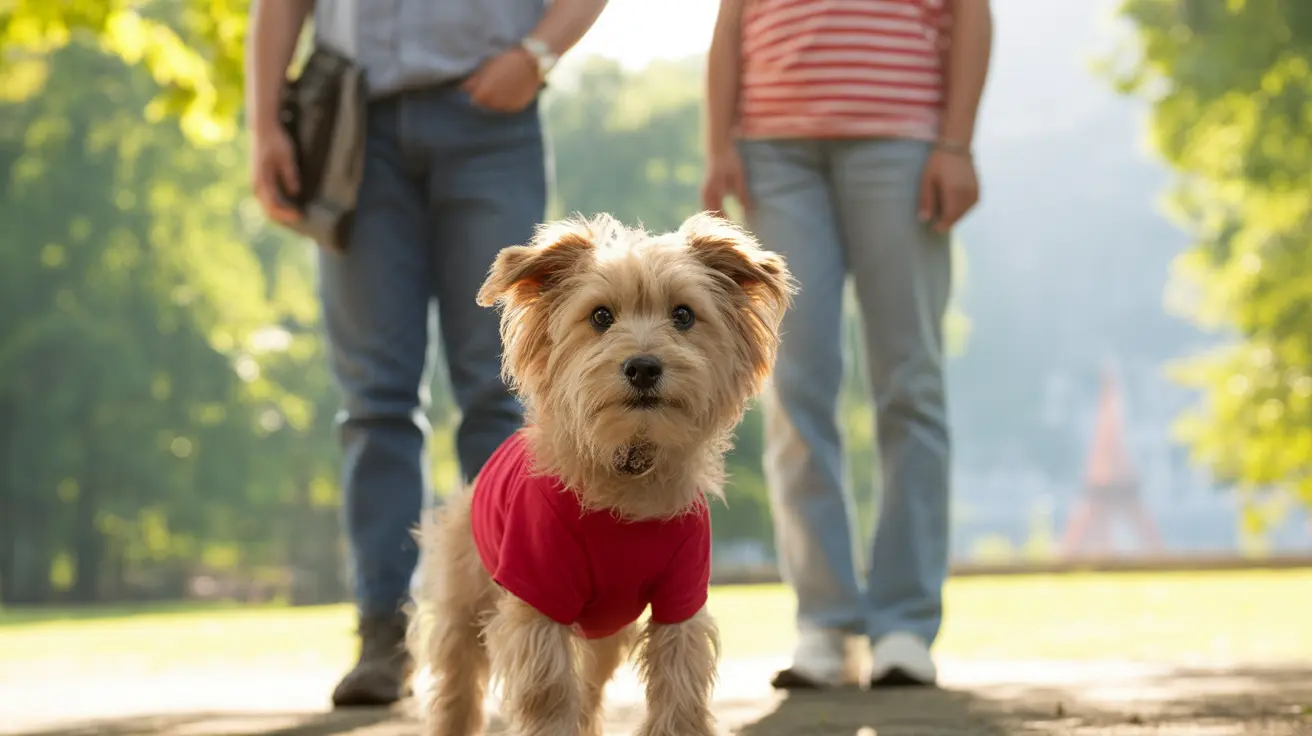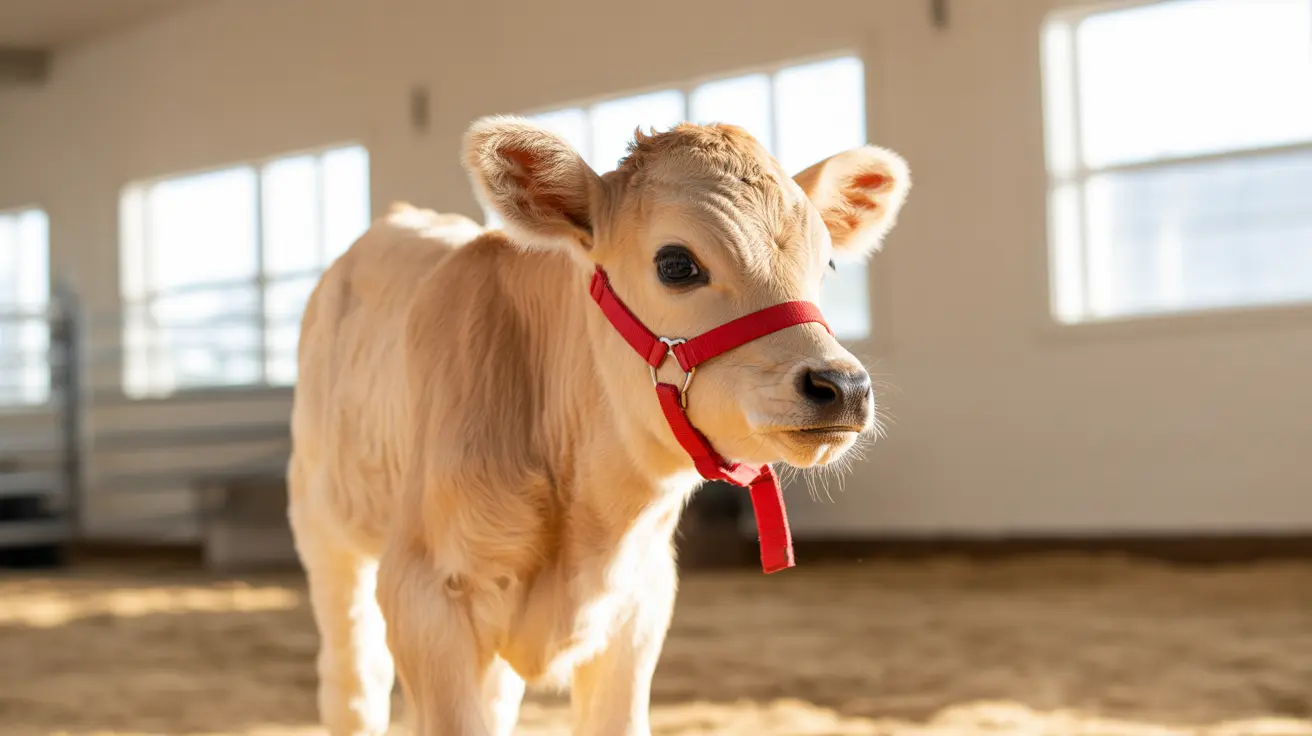Does your furry friend keep licking their lips excessively? While occasional lip licking is normal canine behavior, persistent or unusual lip licking might signal underlying issues that deserve attention. Understanding why dogs lick their lips and recognizing when this behavior requires veterinary care is crucial for every pet owner.
Normal vs. Excessive Lip Licking Behavior
Dogs naturally lick their lips in various situations, particularly when food is involved. You might notice your dog licking their lips when they smell dinner cooking or see you preparing their meal. This type of lip licking is completely normal and relates to increased salivation in anticipation of food.
However, when lip licking becomes frequent or occurs in unusual situations, it's important to pay attention. Excessive lip licking might indicate something isn't quite right with your four-legged friend.
Medical Reasons Behind Lip Licking
Oral Health Issues
Dental problems are a common cause of excessive lip licking in dogs. Issues like gingivitis, tooth decay, or oral infections can cause discomfort, leading to increased lip licking. Watch for additional signs such as bad breath, reluctance to eat hard food, or pawing at the mouth.
Digestive Concerns
Nausea and gastrointestinal upset often trigger lip licking in dogs. If your pet is experiencing stomach issues, you might notice them licking their lips more frequently, especially before or after eating. This behavior may be accompanied by decreased appetite or changes in eating habits.
Behavioral and Emotional Causes
Stress and Anxiety
Dogs often use lip licking as a calming signal when they're feeling anxious or stressed. This behavior might increase during thunderstorms, visits to the vet, or when facing unfamiliar situations. Understanding this communication signal can help you better support your pet during stressful times.
Communication Signals
Dogs may lick their lips as a form of communication with other dogs or humans. This behavior can indicate submission, discomfort with a situation, or an attempt to diffuse tension in their environment.
When to Seek Veterinary Care
While some lip licking is normal, certain situations warrant professional attention. Contact your veterinarian if you notice:
- Excessive or obsessive lip licking
- Lip licking accompanied by drooling or mouth pain
- Changes in eating or drinking habits
- Signs of oral injury or infection
- Behavioral changes or increased anxiety
Frequently Asked Questions
Why does my dog keep licking their lips excessively?
Excessive lip licking can be caused by various factors including dental problems, nausea, stress, or anxiety. If the behavior persists, it's important to have your veterinarian examine your dog to determine the underlying cause.
Is lip licking in dogs a sign of dental problems or oral pain?
Yes, frequent lip licking can indicate dental issues or oral pain. Other signs might include bad breath, difficulty eating, or pawing at the mouth. Regular dental check-ups can help prevent these issues.
Can stress or anxiety cause a dog to compulsively lick their lips?
Yes, stress and anxiety are common causes of compulsive lip licking in dogs. This behavior serves as a calming signal and may increase during stressful situations or changes in environment.
When should I be concerned about my dog's lip-licking behavior?
Be concerned if lip licking is excessive, accompanied by other symptoms like lethargy or loss of appetite, or if there are changes in your dog's normal behavior patterns. These situations warrant veterinary attention.
How can I stop my dog from constantly licking their lips?
First, identify the underlying cause through veterinary examination. Treatment may include dental care, anxiety management, or addressing medical issues. Never ignore persistent lip licking, as early intervention is key to successful treatment.






